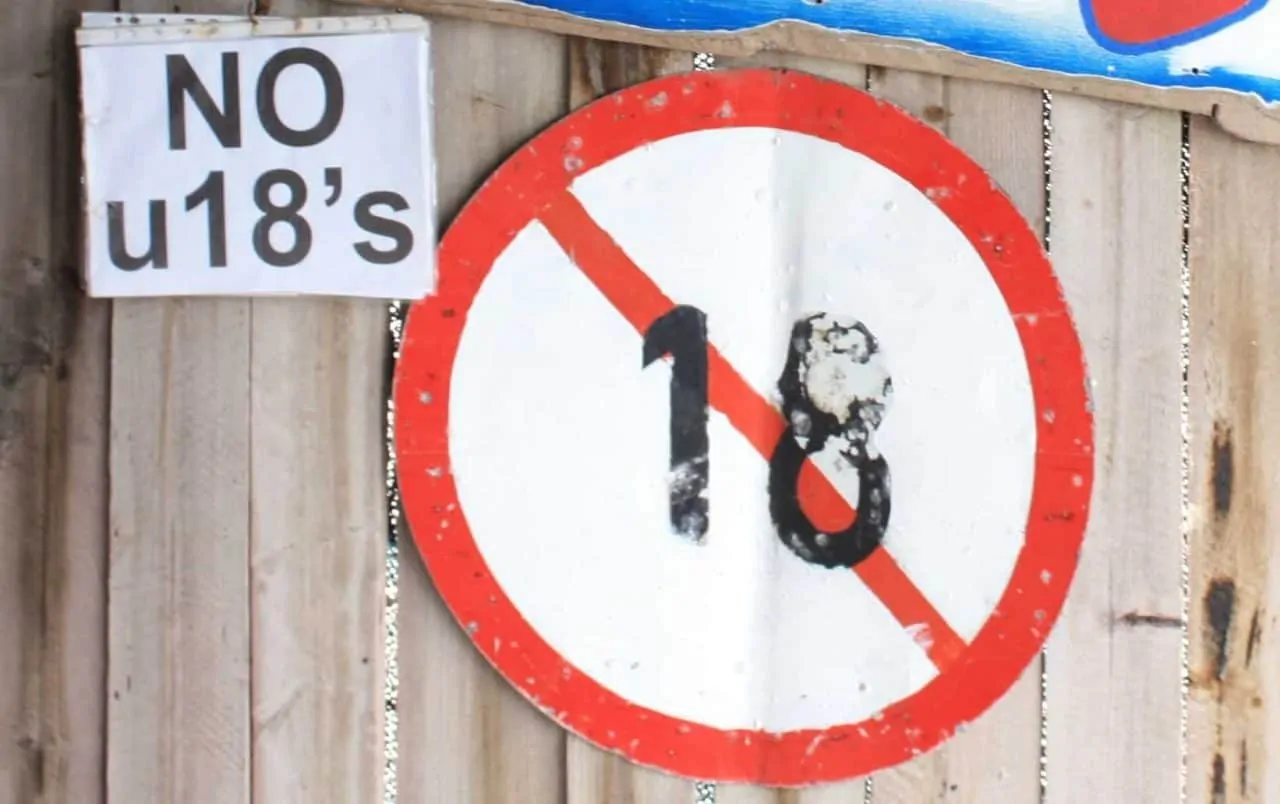Not too many people would disagree that access to porn should be restricted to adults, and that sometimes that isn’t the case at the moment – but the UK’s proposed porn verification rules, which would require a visitor to verify their age (in an as-yet undecided way) before they can visit a site intended for adults, is a fundamentally bad idea in many ways.
Essentially, as the proposals stand, ISPs would put a system in place that blocks adult content, unless a customer opts-in to viewing it. The other part of that is that sites and services that provide “adult-only” content will have to put an Ofcom-sanctioned age-verification system in place that ensures only authorised users can access their content.
To achieve this, a sort of ‘porn subscriber ID’ would be created, which immediately should ring alarm bells about the privacy implications of keeping a national database of people that watch porn.
These proposals, if they go ahead, would be mandatory for all UK users, regardless of the fact that 70 percent of UK homes have no children.
Not only will it inevitably go horribly wrong by virtue of having a ‘porn ID’ but it also won’t work – clearly the cunning masterplan of the UK government doesn’t take any portable media stored offline into account.
Other terms of the proposal are fundamentally unclear on what type of businesses will also be responsible to restricting access to sites and services until a user’s age has been verified. According to the Open Rights Group (ORG) a business that “provide[s], in the course of a business, services which enable or facilitate the making available of pornographic material or prohibited material on the internet by the [publisher]”
That, most likely, would also include this site (that hosts no pornography), at which point it’d likely have to close.
ORG also says that a whole host of other businesses could be caught up in the mess.
“Ancillary services could include website hosts, search engines, DNS services, web designers, hosted script libraries, furniture suppliers … this needs restriction just for the sake of some basic legal certainty.
Further problems are arising for services including Twitter, who operate on the assumption that adults can use them to circulate whatever they like, including pornography. It is unclear if or when they might be caught by the provisions.”
With parental controls already widely available in the UK via most ISPs, the focus should be on education, not censorship. It’s also ironic that companies like Facebook, where kids spend a lot of their time, won’t allow the promotion of posts like this one about a game that provides better sex education for younger children in a fun way.
Read next: DANGERS OF ONLINE PORN TO KIDS IS A PROBLEM TECH WON’T ADDRESS






Leave a Reply